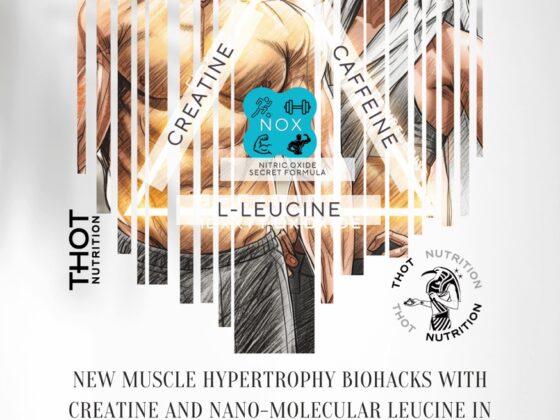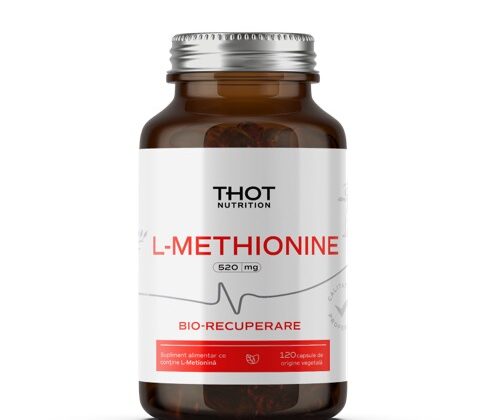Overview of the article
- The article aims to explain what ketones are
- Burn more fat
- We will find out how the ketosis mechanism is activated
- We will find out what natural methods we have to trigger the ketosis mechanism
- We will see what the ketones are good for
What are Ketones?
- In short, ketones are complex fatty acids extracted through ketogenesis (See article: The fundamentals of Keto Nutrition) from fats, and are used by the body as a source of cellular energy. The body can use sugars (carbohydrates) or ketones (ketones) for energy. The two energy sources are interchangeable but there are some differences.
- The most complete material related to ketones seems to me to be the study of Dr. Mary T. Newport M.D. and her book The Complete Book of Ketones: A Practical Guide to Ketogenic Diets and Ketone Supplements 1st Edition Her website[2] and her story are impressive. I also recommend a podcast with Dr. Mary Newport which was recorded in collaboration with the HVMN team.
- Burning and using ketones implicitly leads to the burning of excess fat, stabilizes insulin and blood sugar levels, dramatically decreases systemic inflammation of the body and protects the cardiovascular system and the Central Nervous System (CNS).
- The main ketones that the body produces and that we can take from external sources are:
- Acetoacetate (AcAc)
- Beta-Hydrobutiric Acid (BHB)
- Acetone
- In short, Ketosis or the Ketogenic diet means using fat as the main source of energy instead of sugar and carbohydrates.
- Learn The basic rules in ketogenic diets
How to activate the mechanism of fat burning using ketogenesis?
The history of this type of nutrition is more complex, but the simplified version is that during the ketogenic diet you eat fat, protein, and a little fiber (leaves, vines and fruits with low carbohydrate content) to force the body to trigger the mechanism of ketogenesis. The result is the production of ketones, which will be used as fuel instead of sugar.
The human body produces energy (ATP) using 2 types of fuel:
- Sugars or carbohydrates (sugars with slow decomposition).
- And lipids or fats which turn into ketones.
- In extreme cases, the body can turn proteins into energy, or if the amino acids in the protein are not of good quality.
Triggering the ketogenesis mechanism requires a decrease in the insulin curve and an increase in glucagon levels, a process that triggers the ketosis mechanism (the production of energy from lipids). At the same time, the brain can produce glucose through gluconeogenesis, using fat.
Ketones, as a type of chemical energy, are stronger and more sustainable in the long run than the energy produced from sugars and carbohydrates.
The secret to starting the ketogenesis process is a diet that’s low in carbohydrates and sugars. Be careful because the ketogenic diet needs to be done in cycles that allow, depending on the purpose, to replenish the body at regular intervals with carbohydrates.
How is ketogenesis triggered?
It takes at least 4 days for this ketosis (ketosis) process to begin. In this type of nutrition, the level of insulin in the blood decreases and the level of glucagon increases. On average, after 4-5 days of ketogenic diet, the body begins to produce ketones and actually feeds on fat; It is important not to give it sugar, carbohydrates or alcohol. Any auxiliary need for carbohydrates is metabolized directly by the liver from fats. The body can produce these carbohydrates on its own. The difference is that it will produce exactly what it needs, you will not have too much in your body.
Remember that this proces also needs a lot of water. Good water (See article: How to mega hydrate your body when simple water won’t).
From time to time you can eat more sugars or carbohydrates, but only after you have started the ketosis process, which you need to maintain. For example, after 5 days you can eat a few carbs in 6 days as a kind of reward, but then return to the ketogenic diet. Balance is everything. Nothing is nailed down.
What natural methods of producing ketones do I have available?
Fasting, intermittent fasting and caloric restriction of carbohydrates combined with intensive sports, which will naturally quickly deplete your body’s carbohydrate reserves.
When I talk about fasting, I mean water fasting. There are several mechanisms and biohacks that do not interrupt the water fasting and that help us boost the process. Unsweetened coffee and oils can help, but they are not the only ones.
Why are ketones good?
The human body is equipped to use fats as fuel, but for millions of years people ate when they had food, not 3 meals a day. The food was not available as it is today. Sometimes there was nothing to eat for days in a row, that is, people practiced fasting in a natural way. Excess fat was used during such periods when food was not available. The animal kingdom does the same thing.
Researchers have rediscovered that it is much more efficient to use fat for burning instead of sugar. That doesn’t mean we don’t need carbs. We need them, but not in such large quantities and every day.
__________________________
Reference:
[1] The Complete Book of Ketones: A Practical Guide to Ketogenic Diets and Ketone Supplements 1st Edition










